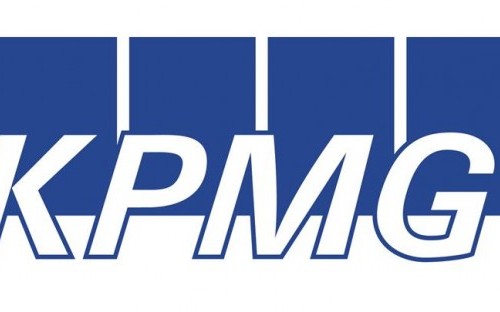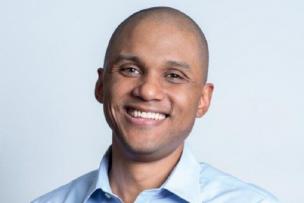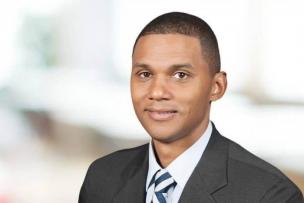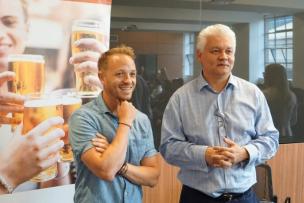She trained as a Chartered Accountant while working with clients in the communications and telecoms sectors.
Four years ago she joined the Financial Management Advisory team. Within three years the team grew from 40 people to over 100 people.
Virdi headed to Hong Kong in 2009 on a two-year secondment, but was lured away ahead of schedule by an opportunity to grow the Financial Management Practice in Singapore, where she has been living and working for the last four months. Here, she tells us what kind of people would be an asset to her team.
How many people do you want to hire, and with what kind of experience?
I’m looking to recruit three experienced managers within our financial management practice in Singapore. They could be people with manager-level experience in financial management consulting or with project experience working within the finance function in industry.
The type of client we work with is generally the CFO of a firm or someone reporting directly to him or her. We work primarily with multinational organizations with headquarters in Singapore.
I’m looking for people who can hit the ground running immediately. They need to be able to run a project, engage with clients and with partners, deal with multiple projects and priorities and also manage junior consultants.
What’s your biggest challenge when it comes to hiring?
Singapore has a smaller pool of people than London and Hong Kong so we’re struggling to find experienced consultants, so we’re broadening our search globally.
Within Singapore and Asia in general, the consulting market is more immature than in Europe and the US. For the clients, it’s often a new concept.
I haven’t gone to any business schools yet, though I’ve interviewed people with MBAs who have come to me through the KPMG network and through recruitment agents. It’s a valuable qualification. MBAs have a lot to offer in terms of having a wider network and a more practical view of business.
I’m hoping BusinessBecause.com will help me reach a lot more MBAs!
How big is the market for financial management consulting in Singapore?
There hasn’t been much research on the market in Singapore? It certainly looks like a huge opportunity. Asia is seen as a growth market by a lot of global organizations. There are a lot of regional leadership teams based in Singapore who have been empowered by their global leadership to do what’s right for their business across the region, and they’re looking for advice.
Within multinational companies we engage with people in finance functions, or sometimes-strategic transformation roles. The main sectors are pharmaceuticals, consumer healthcare, telecommunications, FMCG, and energy.
In Singapore there’s also another type of client: state-owned or part-state-owned conglomerates.
You’ve worked in London, Hong Kong and now Singapore. What are the differences between them?
London is a much bigger practice. It’s five times bigger than Singapore. Because it’s a more mature practice, you’re working with the international headquarters of some of the world’s largest companies. The scale of the projects is much larger.
Given the scale and size of operations, you do specialize a lot earlier in London. In Hong Kong, China and Singapore you work across a wider variety of projects.
The business in Hong Kong is very unique. We do a lot of work with companies that want to invest in China and help large Chinese companies on the mainland that want to grow outside of China. The focus is on shared services, strategy and manufacturing.
In Singapore we tend to work with more regional HQs in the Corporates sector. In Hong Kong we work with a large number of Financial Services organizations including global and local banks and insurance companies.
Out of Singapore we support projects in a lot of smaller markets, like Indonesia, Vietnam and Thailand, so there’s a lot of variety.
In Asia clients are definitely not as used to having consultants to advise on business decisions. They’re more used to lawyers and bankers, but not yet consultants.
They’re always receptive to us because we have a strong brand – we can get a foot in the door. But the sales process takes a lot longer. However good the service is, you need to build a strong relationship first.
Which place do you like the most?
I have to say London. You can’t beat the London skyline. I love the food in Hong Kong and the weather in Singapore!
What’s your advice for MBAs?
Make sure you gain a sound commercial awareness, ideally in the region you want to work in.
You need to be able to apply logic and various tools and techniques to analyze problems and come up with solutions.
But you also need to be pragmatic. Every client has a different style. It’s not enough just to apply theoretical learning.
I’ve noticed that people who’ve been in education for longer before they start work may need to develop their soft skills. You need self-awareness. Your communication style needs to mirror the style of the client: one day you could be working with British people, the next day Chinese, Singaporeans, Japanese, so you need to change your style – that’s quite important.
Take advantage of studying with people from different countries: it can only make you a better person and a better consultant.
RECAPTHA :
d3
95
50
0c







